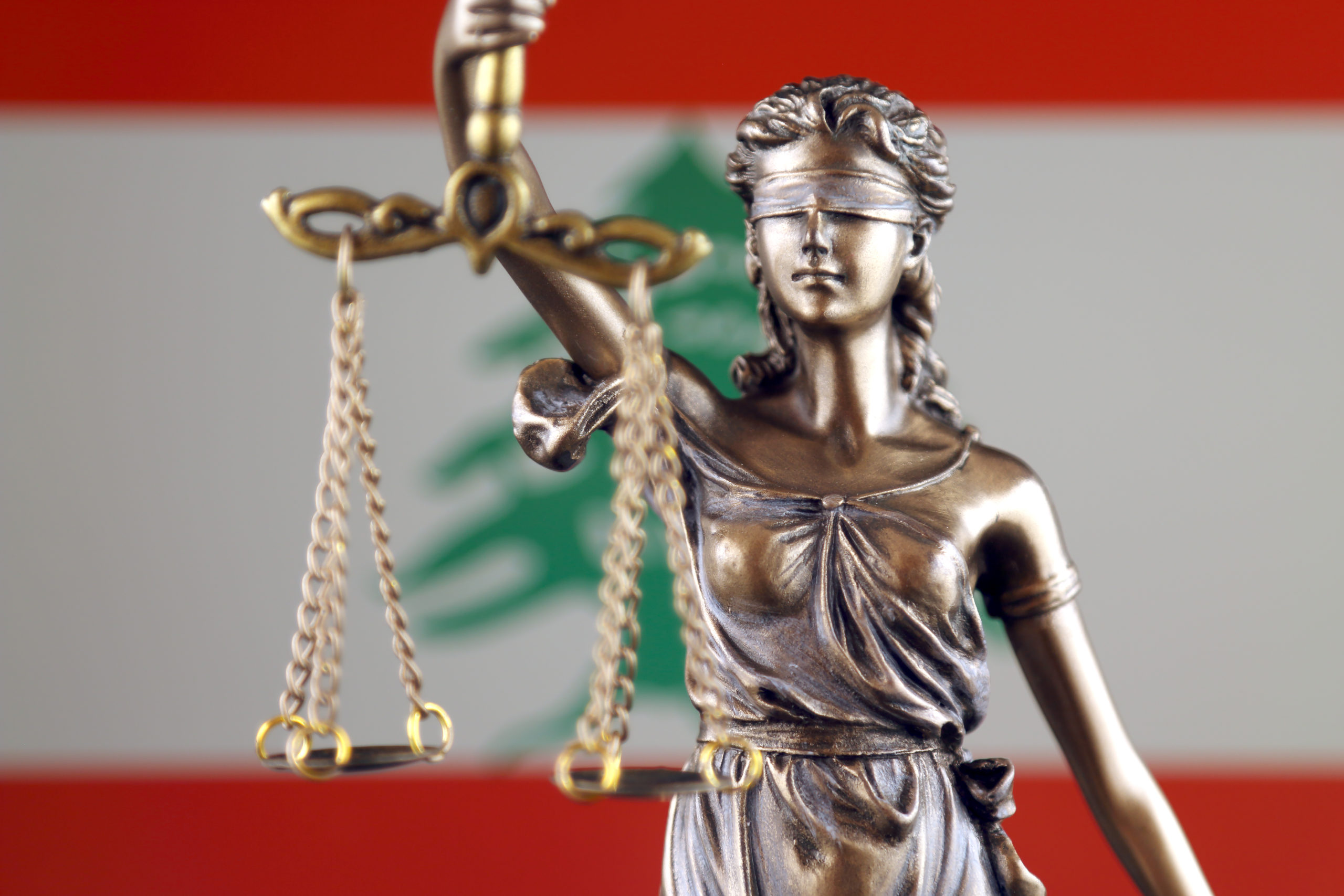The Beirut Bar Association (BBA) must immediately withdraw its arbitrary restrictions on lawyers’ right to freedom of expression and end any related disciplinary proceedings against them, said the International Commission of Jurists today.
On 12 May 2023, the Beirut Court of Appeal dismissed a petition filed by 13 lawyers seeking to reverse certain amendments to the BBA’s Code of Ethics that the BBA Council had approved without prior debate or justification on 3 March 2023.
These amendments prohibit Lebanese lawyers from discussing cases pending before the courts, including any pertinent legal questions, in any media, including on social media, and from participating in conferences or giving media interviews, without first obtaining permission from the head of the BBA. The amendments shield the BBA from any form of criticism that a lawyer may wish to express about it.
The Court of Appeal’s decision reportedly found that the restrictions on the right of lawyers to freedom of expression in the media introduced by the abovementioned amendments to the BBA’s Code of Ethics were necessary in light of “the danger represented by the great influence of the media on the course of ongoing trials and public opinion.”
“There’s nothing in international or national law that could possibly justify such blanket, arbitrary restrictions on lawyers’ free speech,” said Said Benarbia, ICJ MENA director. “The Appeal Court’s analysis does not appear to reflect international human rights law which requires that any such restriction be lawful, strictly necessary for a legitimate purpose and proportionate to that end.”
Lawyers, like all other individuals, are entitled to the right to freedom of expression. The UN Basic Principles on the Role of Lawyers clearly indicate that, “they shall have the right to take part in public discussion of matters concerning the law, the administration of justice and the promotion and protection of human rights”. The BBA amendments run counter to these principles because they effectively prevent any lawyer from participating in such pubic discussion, and shield the BBA from any form of criticism that a lawyer may wish express about it.
The ICJ is very concerned that the BBA has already enforced these arbitrary restrictions against Nizar Saghieh, a prominent Lebanese lawyer and the executive director of Legal Agenda, a leading non-profit organization, who publicly criticized the amendments and was among the 13 lawyers who had filed a petition before the Court of Appeal challenging them.
Saghieh was summoned for a hearing before the BBA Council on 20 April and, while the Council is yet to release its decision in this case, he is facing the risk of sanctions, including possible disbarment.
“Instead of challenging the collapse of the rule of law in Lebanon, the body in charge of furthering the best interests of the legal profession is abusing its powers by effectively denying its members the right to the freedom of expression and trying to silence them through arbitrary disciplinary proceedings,” added Benarbia.
In the aftermath of these amendments, certain similarly concerning measures were recently adopted restricting the rights of judges to freedom of expression and movement, resulting in an increasingly repressive environment for independent judges and lawyers in Lebanon, and infringing on their ability to carry out their duties without undue restrictions.




